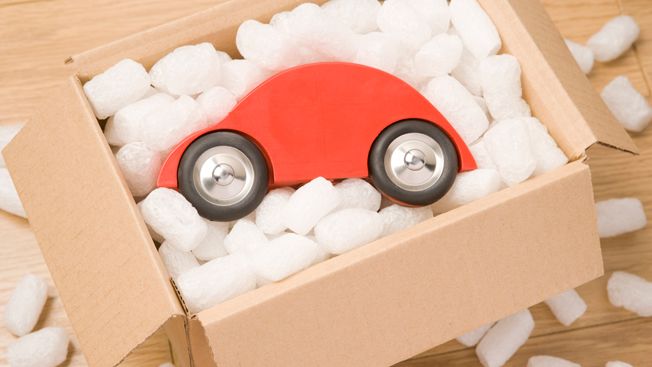Choosing a car for the older driver

Throughout our lives our needs and desires change around what we want to drive. In this article Shân Hughes looks at choices for an easy, comfortable and economic drive for later years.
There are many advantages to being a more mature driver. For starters, insurance is generally cheaper and the over-55s are generally involved in fewer accidents.
If you are helping someone choose a car for their old age then this will depend on a number of different factors.
How many miles do they drive a year?
For some, retirement means fewer miles, though for others it can mean being more adventurous and going further afield. Traditionally company car drivers opted for diesel, but now a petrol engine may be a more cost-effective option. For everyone it’s just really important to remember to use the correct fuel if you change from one to the other.
If running costs are an issue it’s worth taking a look at the manufacturer’s stated consumption figures and comparing different models.
There are a number of hybrid cars available as well which are especially good for those who do mainly town driving. Electric cars are also becoming more popular for short runs but you need to ensure that there is access to charging points both at home and in car parks where the driver regularly visits or shops.
Manual or automatic?
Many older drivers are perfectly capable, and prefer, to use a manual gearbox but the proliferation of automatic cars now available makes for a lot more choice.
There are numerous Vauxhall used cars and plenty of popular brands that come with automatic transmission these days, and while many people may think that driving an automatic comes easily, it requires a few habits that need unlearning. For example, the use of the left foot is eradicated and the right foot is used for accelerator and brake.
An automatic transmission is a lot easier for town driving and may be a godsend for arthritic shoulders or people recovering from a stroke. The transition from a manual to an automatic is generally a lot easier than most people think and very few drivers go back to driving a manual after a short time in an automatic.
Small or large car?
Good vision and ease of access should be the key deciding factors – older drivers often opt for larger vehicles with a higher seat which makes it easy to get in and out of and has the added bonus of better visibility. Driving a sleek convertible may be glamourous but the low slung seats don’t favour creaky backs or hips awaiting a replacement!
Some drivers are often carrying precious cargo – with grandchildren in the car they are likely to prefer four doors, and sliding doors may make access a lot easier. Safety is paramount in this situation, so look for cars with at least six airbags as standard and ones where it’s easy to fit child seats or strap the kids into their seats. Does the boot have easy access to accommodate a pushchair?
A boot with a low sill is a must for those who need to carry a walking frame or a wheel chair.
Making the most of technology
More and more cars have technology to make driving easier. Sensors to let you know how close you are to another object can save unnecessary scrapes, for example, whilst the use of a reversing camera can help a driver get into a tight space with ease.
Other labour-saving devices to consider include electrically opening and closing boots, a boot with a remote open function on the key fob and cars with forward-collision technology. This last function will perform an emergency stop if the driver gets too close to the car in front or don’t brake hard enough.
Many cars have heated seats which can ease a tense back. Models which automatically move the driving seat when you get in and out of the car can make access easier, but also ensure that the driver is seated in a correct and comfortable position.
Is visibility good enough?
A car with larger door mirrors can be a big bonus for older drivers.
It’s also worth considering a clip-on blind-spot mirror to help see cars that might be invisible as they overtake. For those that suffer from a stiff neck or back, clip-on mirrors can also save uncomfortable twisting and provide a view of what is going on around the car.
You can further improve good vision by opting for a car with a “quickclear” windscreen. These windscreens use a heated element in the glass rather than just the usual demister so they melt ice and snow fast to save getting chilled hands.
Running costs
As well as the cost of fuel, you need to factor in both insurance costs and Vehicle Road Tax as these can vary quite extensively from car to car. Insurance is affected by the size of the engine, value of the car, number of miles driven, place where the car is kept and the number of years No Claims Bonus whilst the Vehicle Tax is determined by engine size or fuel type and CO2 emissions.
Pick the right car and it will be easy to age gracefully in comfort and safety.
If you found this article useful you may like
Building new confidence for the mature driver
Being prepared for winter driving
Facing the elements: driving in winter
Sign up for our free newsletter to read the latest articles and advice on caring for older friends and relatives. Just click the box below.

